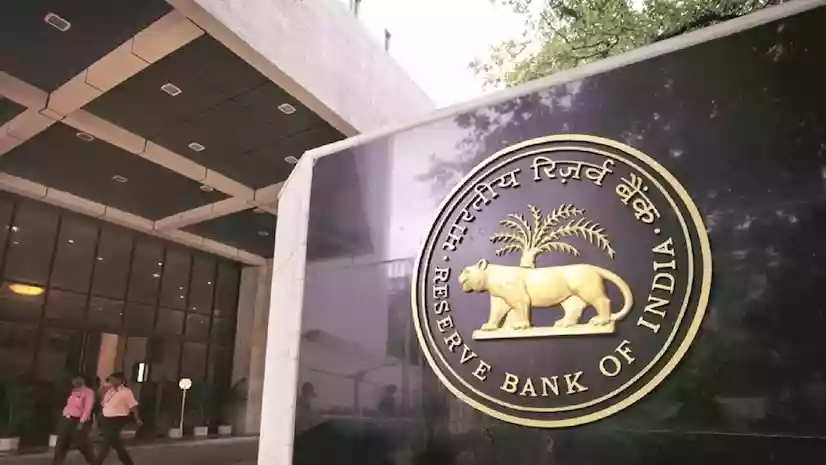.gif)
.gif)

A recent report by the Reserve Bank of India (RBI) has shed light on West Bengal's economic challenges, revealing that the state falls behind the national average in terms of Gross State Domestic Product (GSDP) and own revenue.
According to the RBI findings, West Bengal lags in both tax and non-tax revenue, with only a five percent contribution to GSDP in terms of state's own tax revenue, falling short of the national average of seven percent.
The situation is more dire for non-tax revenue, with West Bengal registering a mere 0.4 percent compared to the national average of 1.2 percent.Further analysis by the RBI indicates that West Bengal's current expenditure on infrastructure development as a percentage of GSDP stands at a meager two percent. Economists attribute this shortfall to the state's heavy reliance on state excise duty, highlighting a structural issue in West Bengal's own tax revenue composition.
The experts argue that the state's policies regarding land purchase and the reluctance to grant Special Economic Zone (SEZ) status have deterred investment. The absence of state involvement in land acquisition for industrial purposes has dissuaded manufacturing sector operators, who find it challenging to negotiate with individual landowners in a state marked by fragmented land holdings.
Additionally, the government's hesitation to grant new SEZ status has hindered investments in the services sector, further contributing to the state's economic struggles.